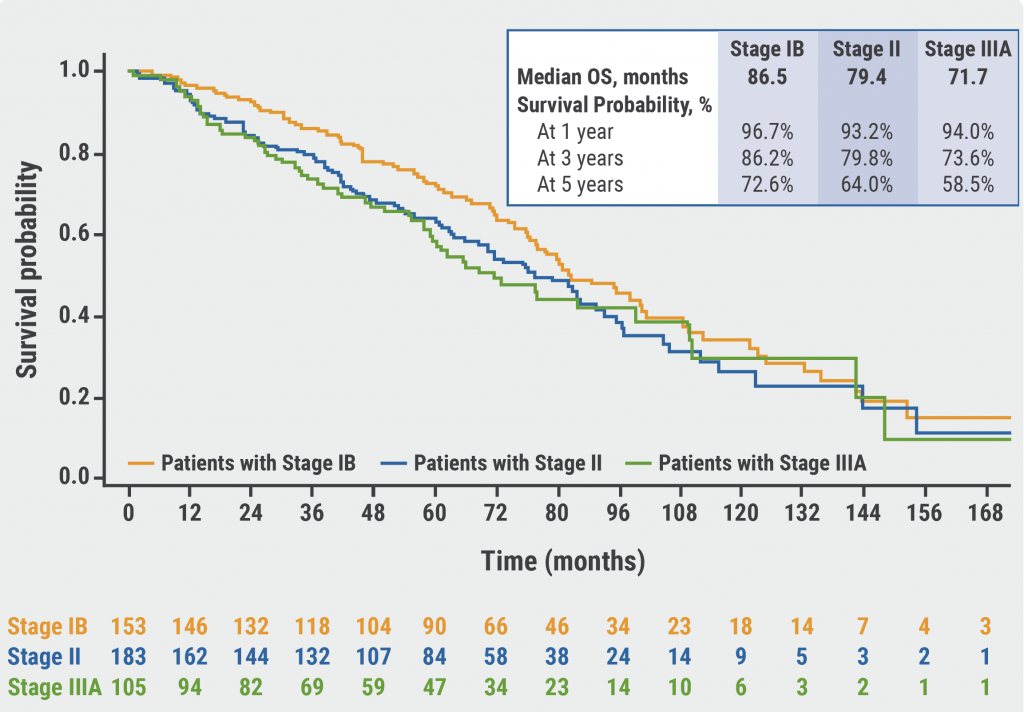https://doi.org/10.55788/d7edae4e
Ms Wafaa Aljbawi (Maastricht University, the Netherlands) and colleagues aimed to develop and implement an effective, automated, and non-invasive diagnostic system for COVID-19 [1]. The research team used a database from Cambridge University that included data on the demographics, medical history, symptoms, and COVID-19 test results of registered participants. Furthermore, voice recordings were obtained from 893 participants, who recorded the sentence ‘I hope my data can help to manage the virus pandemic.’ Of these voice recordings, 308 belonged to COVID-19-positive individuals. After the noise was removed from the recordings, the edited audio files were entered into an LSTM model, predicting COVID-19 status based on these recordings.
The LSTM model had an accuracy of 89%, a sensitivity of 89%, and a specificity of 83%. Ms Aljbawi emphasised that the sensitivity of 89% is high compared with that of a RAT test, which has an average sensitivity of 56.2%. In other words, the LSTM model may miss 11 out of 100 cases of COVID-19, whereas a RAT may miss 44 out of 100 cases. In contrast, the specificity of a RAT test is higher at 99.5%, compared with 83% of the LSTM model. This means that only 1 out of 100 individuals would be wrongly diagnosed with COVID-19 if they used a RAT, whereas the current LSTM model may wrongly detect COVID-19 in 17 out of 100 non-infected individuals.
“We would rather misdiagnose patients with COVID-19 than miss cases of COVID-19,” commented Ms Aljbawi. Although the LSTM model needs to be validated with more data and in independent cohorts, it has the potential to provide a more precise test than a RAT.
- Aljbawi W, et al. Developing a multivariate prediction model for the detection of COVID-19 from crowd-sourced respiratory voice data. Digital medicine for COVID-19, OA1626, ERS International Congress 2022, Barcelona, Spain, 4‒6 September.
Copyright ©2022 Medicom Medical Publishers
Posted on
Previous Article
« Novel scoring tool for post-COVID syndrome aids clinicians and researchers Next Article
Inhaled agent under investigation for COVID-19 »
« Novel scoring tool for post-COVID syndrome aids clinicians and researchers Next Article
Inhaled agent under investigation for COVID-19 »
Table of Contents: ERS 2022
Featured articles
Letter from the Editor
COVID-19: What Is New?
Does vilobelimab reduce mortality in severe COVID-19?
Awake proning not positive in COVID-19
Favipiravir may help patients over 60 years with COVID-19 to recover
Inhaled agent under investigation for COVID-19
Accurate voice-based COVID-19 diagnostic test in development
Novel scoring tool for post-COVID syndrome aids clinicians and researchers
COPD: Therapies and Innovations
Icenticaftor achieves results on top of triple inhalation therapy in COPD
STARR2: A new approach for treating COPD exacerbations
COPD medication not effective in symptomatic smokers with preserved spirometry
Do digital tools improve physical activity in COPD?
Hyperpolarised gas MRI ready for clinical use
All About Asthma
Tezepelumab in asthma: mucus plugging down, lung function up
Digital asthma intervention improves health and reduces costs
Digitally enhanced therapy lowers treatment burden and costs in severe asthma
Mepolizumab beneficial for patients with severe eosinophilic asthma
Progress in Paediatrics
Antibiotics cause increased risk of wheezing in severe RSV bronchiolitis
Inhaled corticosteroids useful in preterms with decreased lung function
Fish oil or vitamin D during pregnancy can prevent croup
Encouraging results of nintedanib in children with fibrosing ILD
Focus on Interventional Pulmonology
Head-to-head: lung volume reduction surgery vs endobronchial valves
Durable effect of endobronchial valves in severe emphysema
Cone beam CT-guided ENB improves detection of pulmonary nodules
Confirmatory mediastinoscopy not needed in resectable NSCLC
Sleep and Breathing Disorders
In the spotlight: Cancer trends in obstructive sleep apnoea
Impact of CPAP on cardiac endpoints in OSA
Sustained hypoxaemia predicts unprovoked VTE in OSA
CPAP therapy in the prevention of cardiovascular risk in patients with OSA
Other Remarkable Research
Excellent results for high-flow nasal cannula oxygen therapy in acute respiratory failure
Antifibrotic therapy may slow down FVC decline in RAILD
Intravenous N-acetylcysteine performs well in hospitalised patients
Men and women respond differently to diesel exhaust
New trends in cystic lung diseases
© 2024 Medicom Medical Publishers. All rights reserved. Terms and Conditions | Privacy Policy


